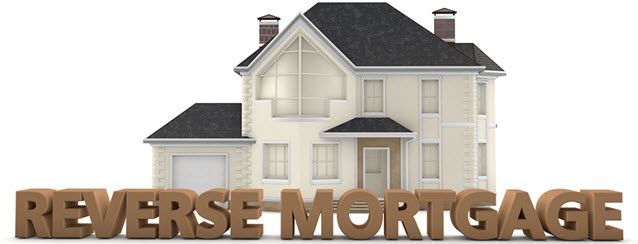
Many of us have seen commercials about reverse mortgages. On the surface, they seem like a good deal. They promise to give people - especially elderly people - access to much needed funds. However, reverse mortgages do come with some drawbacks. Here are the 5 things you need to know about reverse mortgages.
1. What Is a Reverse Mortgage?
A reverse mortgage is a loan that allows homeowners to convert the equity in their homes into cash and defer repayment on the loan. Many older homeowners use this type of financial tool to get funds that they need to pay household bills, medical bills or expenses for long-term care needs. The funds from a reverse mortgage are distributed in one of the following ways:
-A lump sum payment
-Monthly payments
-Line of credit
-Combination of these options
2. When Does the Mortgage Need to Be Repaid?
The reverse mortgage has to be repaid at “maturity.” This term is defined in the loan documents, but it usually includes at any of the following times:
-When the borrower dies
-When the borrower sells the home
-When the borrower permanently leaves the home
-When the borrower moves into a long-term facility
-When the borrower defaults.
Pay particular attention to the terms of any reverse mortgage loan maturity details.
3. How Can the Borrower Default?
The loan documents state certain conditions that the homeowner must meet. These conditions usually include:
-Paying property taxes
-Maintaining homeowner's insurance
-Maintaining the home
One of the risks of reverse mortgages is that a homeowner may forget to make the insurance payment. By this simple mistake, he or she can lose the home. If a homeowner relies on a reverse mortgage, he or she may not be able to afford these expenses. If the borrower fails to meet any of the conditions described in the loan documents, he or she may be in default and the entire mortgage can become due.
4. What Are the Disadvantages of Reverse Mortgages?
The National Consumer Law Center has pointed out several disadvantages of reverse mortgages. A reverse mortgage is rarely a good solution for someone who will not be staying in the home for many more years. There are upfront costs usually between $5,000 and $10,000 that make it expensive.
If the owner needs to go into a long-term care facility, the entire mortgage comes due. Other people might be living in the home, like a spouse, disabled child or minor child. These people may be forced to leave the home if the homeowner leaves the home or goes into a nursing home. These dependents may become homeless if they cannot pay off the large mortgage. Anyone who lives in the home who is not named on the loan will need to move out or pay off the loan.
A bankruptcy filing can also be negatively impacted by a reverse mortgage. The bankruptcy court typically views payments from a reverse mortgage as continued debt. The homeowner may be required to forfeit any future payments as a condition of the bankruptcy.
If the owner dies in the home, the heirs must pay off all costs to avoid foreclosure. These costs include the entire principal, accrued interest and any service fees. A reverse mortgage uses up the home’s equity with the cash that is withdrawn and the interest that accrues over time. This leads to the owner having less wealth moving forward and to pass to heirs.
5. What Should I Do?
Before signing any documents for a reverse mortgage, carefully read through the proposed terms. You should have a good understanding of how this transaction will affect your estate and any inheritance you want to pass down to your heirs. Consult with a financial planner or attorney before signing a document about the most valuable asset that you may have.
Counseling is mandatory before taking out a reverse mortgage. Make sure that you find a good, HUD approved counselor. Go to http://portal.hud.gov/hudportal/HUD?src=/program_offices/housing/sfh/hecm/hecmlist or call 1-800-569-4287.
Key words: mortgage, bankruptcy, homeowner, equity, reverse mortgage




